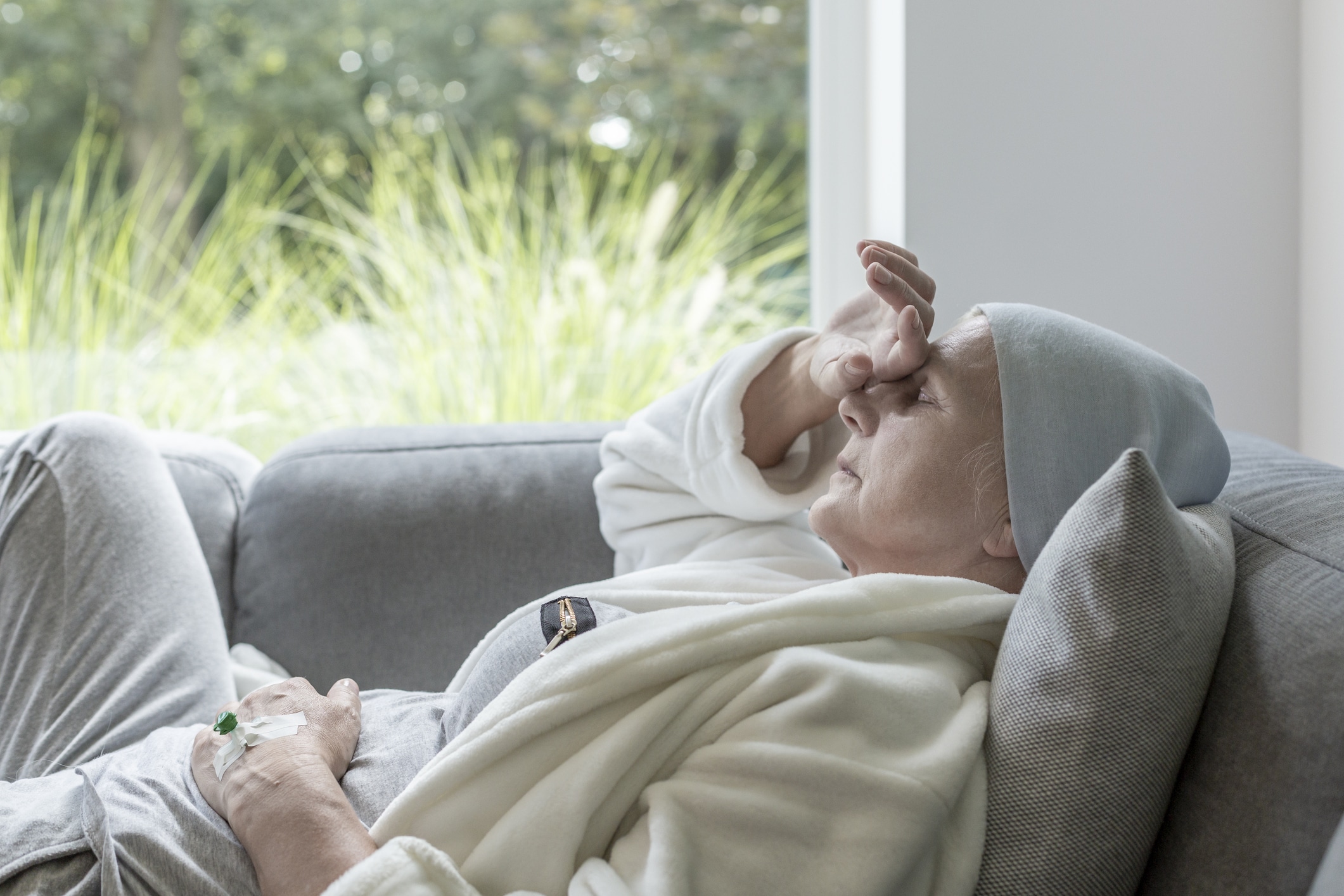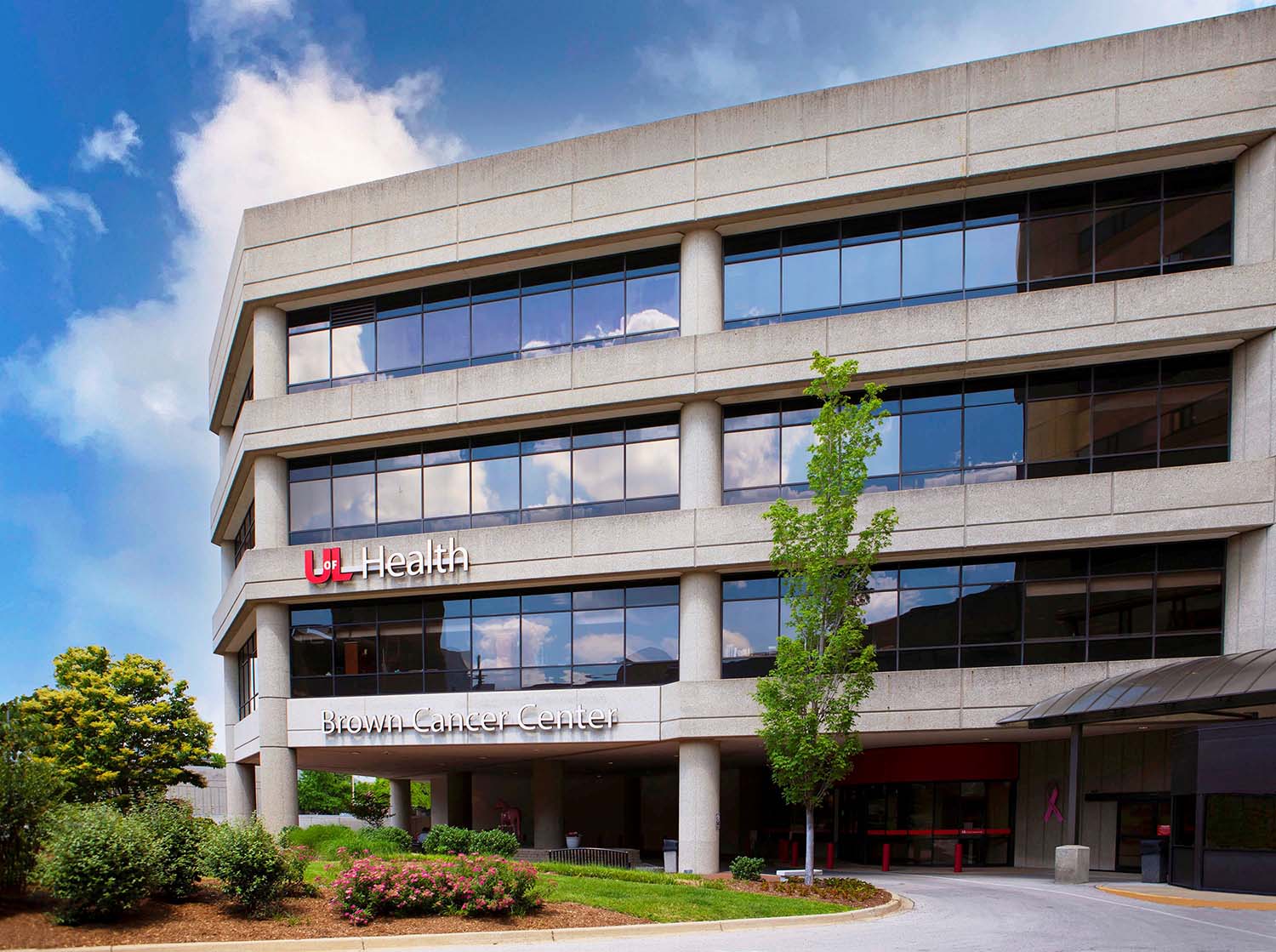
Fatigue is perhaps the most common symptom cancer patients experience. You might be asking yourself, “If I am done with all of my treatments and am cancer free, why am I so tired?” It is normal to experience fatigue during treatment and for a period following treatment as you recover from surgery, chemotherapy, and/or radiation. Ideally, fatigue should gradually improve after treatment is complete, but sometimes that is not the case for a number of different reasons.
Common Causes of Fatigue
• Abnormal labs
• Chemotherapy
• Radiation
• Surgery
• Anxiety
• Depression
• Poor nutrition
• Poor hydration
• Poor sleep hygiene
• Pain
• Medications
• Hormonal changes
The good news is there are plenty of ways to improve your energy levels and decrease fatigue. First, ask yourself:
1. Do you feel persistent fatigue despite a good night’s sleep?
2. Does fatigue interfere with your usual activities?
3. How would you rate your fatigue on a scale of 0 (none) to 10 (extreme) over the past month?
If you answered “yes” to any of these questions or you rated your fatigue as a four or greater, then you are considered to have moderate to severe fatigue and this should be addressed.
The first step in treating your fatigue is to discuss this with your health care provider. If your fatigue is mild, you can still benefit from the following interventions, but if symptoms worsen, discuss this with your doctor.
Dealing with fatigue: now what?
If there is something that is specifically causing your fatigue, then the cause needs to be treated. You can try a number of things to address the cause and improve your overall fatigue levels:
Decrease stress by:
• Using alternative therapies or distraction (yoga, meditation, music therapy, art therapy)
• Talking with a counselor
• Joining a support group
Meet with a nutritionist and develop a plan to eat healthier and maintain proper hydration.
Participate in physical therapy to learn energy conservation techniques, and address pain if that is contributing to fatigue.
Talk with your doctor about changing or adjusting any medications that might be the cause.
Get adequate sleep by taking short naps during the day, if needed, and maintaining a regular sleep schedule that allows for 7-8 hours of sleep per night.
Last, but not least, exercise! There are studies that link exercise to decreased fatigue and improved energy levels. According to the National Comprehensive Cancer Network, “Research has found no harmful effects on patients with cancer from moderate exercise and, in fact, has demonstrated that those who exercised regularly had 40 to 50 percent less fatigue.”
Exercise has also proven to improve quality of life, decrease stress levels, and can help you lose weight, which can in turn decrease your risk of cancer recurrence. Start slow, and work your way up as tolerated. The Physical Activity Guidelines recommend, at the very least, to avoid inactivity, and to perform 150 minutes per week of moderate activity. If you have limitations or safety concerns related to exercise, speak with your doctor first so he/she can assist in finding an exercise program that works for you.
Sources:
www.nccn.org/patients/resources/life_with_cancer/fatigue.aspx
www.nccn.org/patients/resources/life_with_cancer/exercise.aspx
www.nccn.org/professionals/physician_gls/pdf/survivorship.pdf
www.cancer.net/sites/cancer.net/files/asco_answers_fatigue.pdf
www.cancer.org/treatment/treatments-and-side-effects/physical-side-effects/fatigue/managing-cancerrelated-fatigue.html
Implementing the Exercise Guidelines for Cancer Survivors article on health.gov/paguidelines/guidelines/adults.aspx









